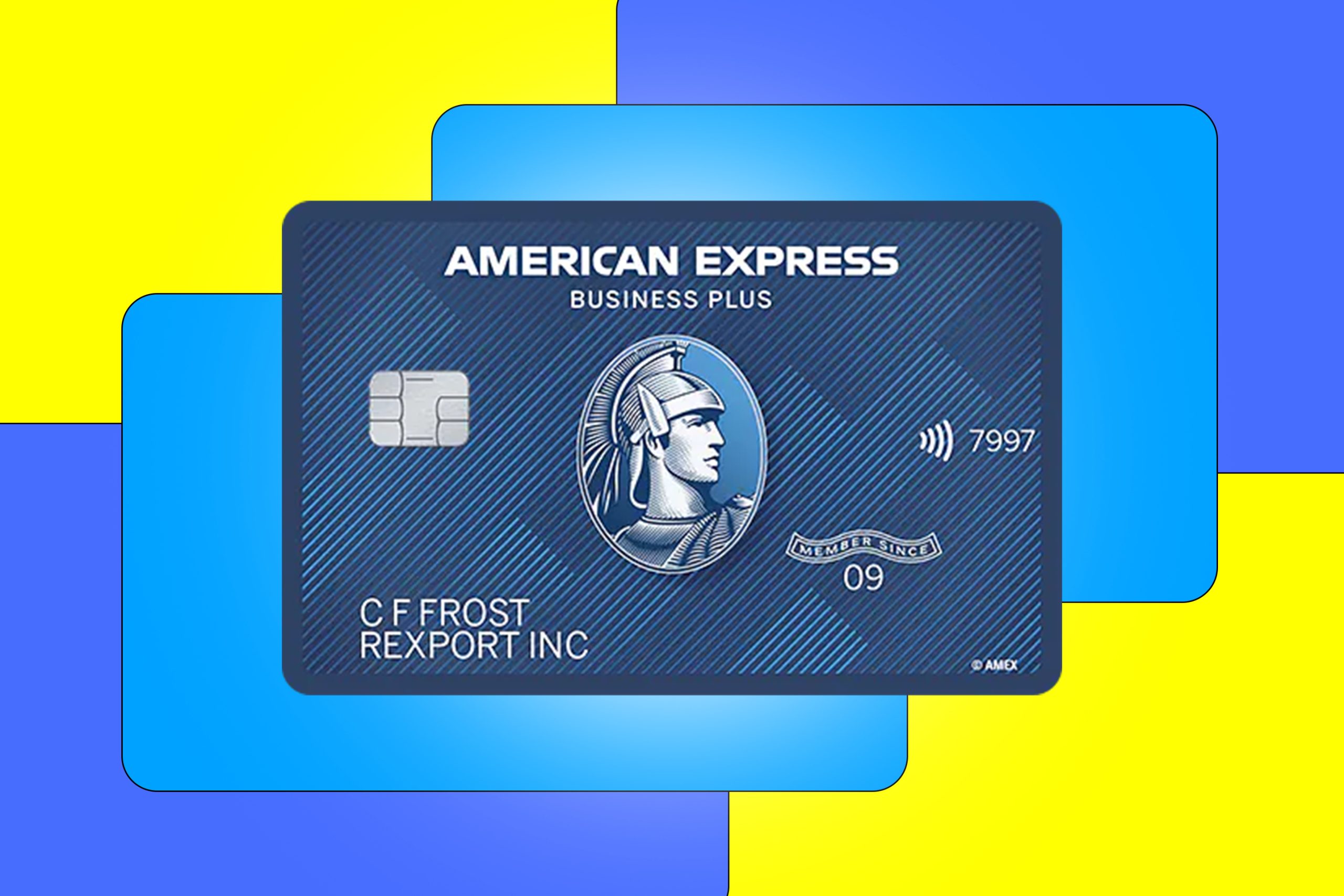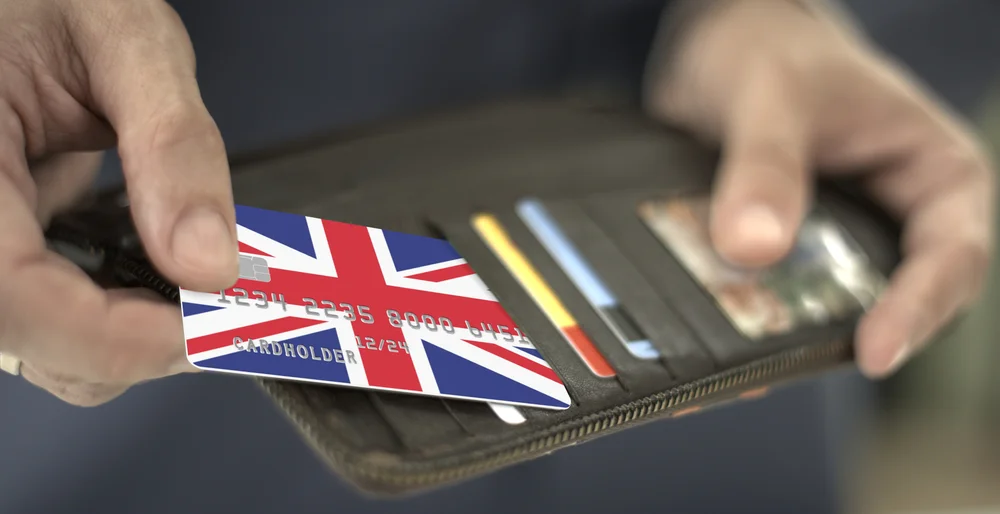In recent years, the concept of payment cards has gained considerable traction among freelancers in the UK. These financial tools, which allow independent professionals to manage their finances more efficiently, are becoming an integral part of the gig economy. Payment cards provide freelancers with a convenient way to receive payments, manage expenses, and track financial activities without the hassle of traditional banking methods.
For many, this modern financial tool has become a lifeline in an increasingly digital world. As the number of self-employed individuals rises, so does the necessity for adaptable financial solutions, explaining the surge in demand. Payment cards are typically offered by fintech companies and come equipped with various features tailored to the needs of freelancers.
Page Contents
ToggleThe rise of payment cards for freelancers

The emergence of payment cards has paralleled the rise in freelance work across the UK. As more professionals embrace remote work and self-employment, there is a growing demand for flexible financial solutions that adapt to the unpredictable nature of freelance income. Payment cards have become a solution that fills this niche by offering services that cater specifically to freelancers’ unique needs.
Moreover, traditional banking services often fail to address the dynamic lifestyle of freelancers, particularly those in creative and tech industries where payments can be irregular. Payment cards offer the agility and accessibility lacking in standard banking by minimizing bureaucracy and enhancing user control over financial activities. Freelancers appreciate the transparency and support these cards provide in maintaining a keen eye on their financial health.
Flexible solutions for independent workers
One of the defining features is their flexibility. Unlike traditional accounts, payment cards often come with fewer restrictions and more freedom to adapt to varying income and expenditure patterns. Freelancers can benefit from features such as direct deposits, seamless online integration, and real-time financial tracking. This flexibility allows freelancers to better manage cash flow, an essential capability for those without a fixed monthly income. Furthermore, these cards often integrate seamlessly with popular accounting and financial management tools, enabling freelancers to automate much of their financial management process.
Another attractive aspect is the ability to handle multiple currencies without incurring huge fees. For freelancers working with international clients, this is particularly advantageous. Some payment cards offer competitive exchange rates and minimal transaction fees, making it easier for freelancers to accept payments from different parts of the world. This capability underscores the role of payment cards in simplifying the complexities of international freelancing.
Advantages and disadvantages payment cards
While offer numerous benefits to freelancers, it’s important to consider both the advantages and potential drawbacks they present. On the plus side, payment cards offer convenience, ease of use, and accessibility that traditional banking might lack. They often require lower initial costs, less stringent credit checks, and provide a user-friendly digital interface for managing transactions and accounts.
However, potential downsides include transaction fees, which can accumulate over time, especially for freelancers handling many small payments. Additionally, there might be limitations on how some payment cards can be used, such as caps on withdrawal amounts or restrictions on certain transactions. Moreover, the lack of physical branch access might pose a challenge for those who prefer in-person banking services.
Final considerations
In conclusion, the advent of payment cards has significantly influenced the financial landscape for freelancers in the UK. These cards offer practical solutions to the unique challenges faced by the self-employed, providing tools to better manage income fluctuations, streamline financial operations, and expand business opportunities internationally. As the freelance sector continues to grow, so too will the demand for such innovative financial solutions.
Payment cards empower freelancers by giving them more control over their financial affairs, reduced dependency on traditional banking, and enhanced ability to manage their professional lives efficiently. While it’s crucial to weigh the pros and cons of each option carefully, payment cards have undoubtedly established themselves as a valuable resource for modern freelancers seeking greater freedom and adaptability in managing their careers.
Making the right choice
Choosing the right requires careful consideration of individual financial needs and business operations. Freelancers should evaluate the various options available, examining factors such as fees, features, and integration capabilities with other financial tools. By doing so, they can select a card that complements their work style and enhances their financial management practices.
Freelancers should also consider seeking advice from fellow freelancers or financial advisors to gain insights into the best options available. Peer recommendations and online reviews can provide valuable information on user experiences and potential pitfalls. These insights can aid freelancers in making informed decisions that align with their business objectives and personal preferences.




